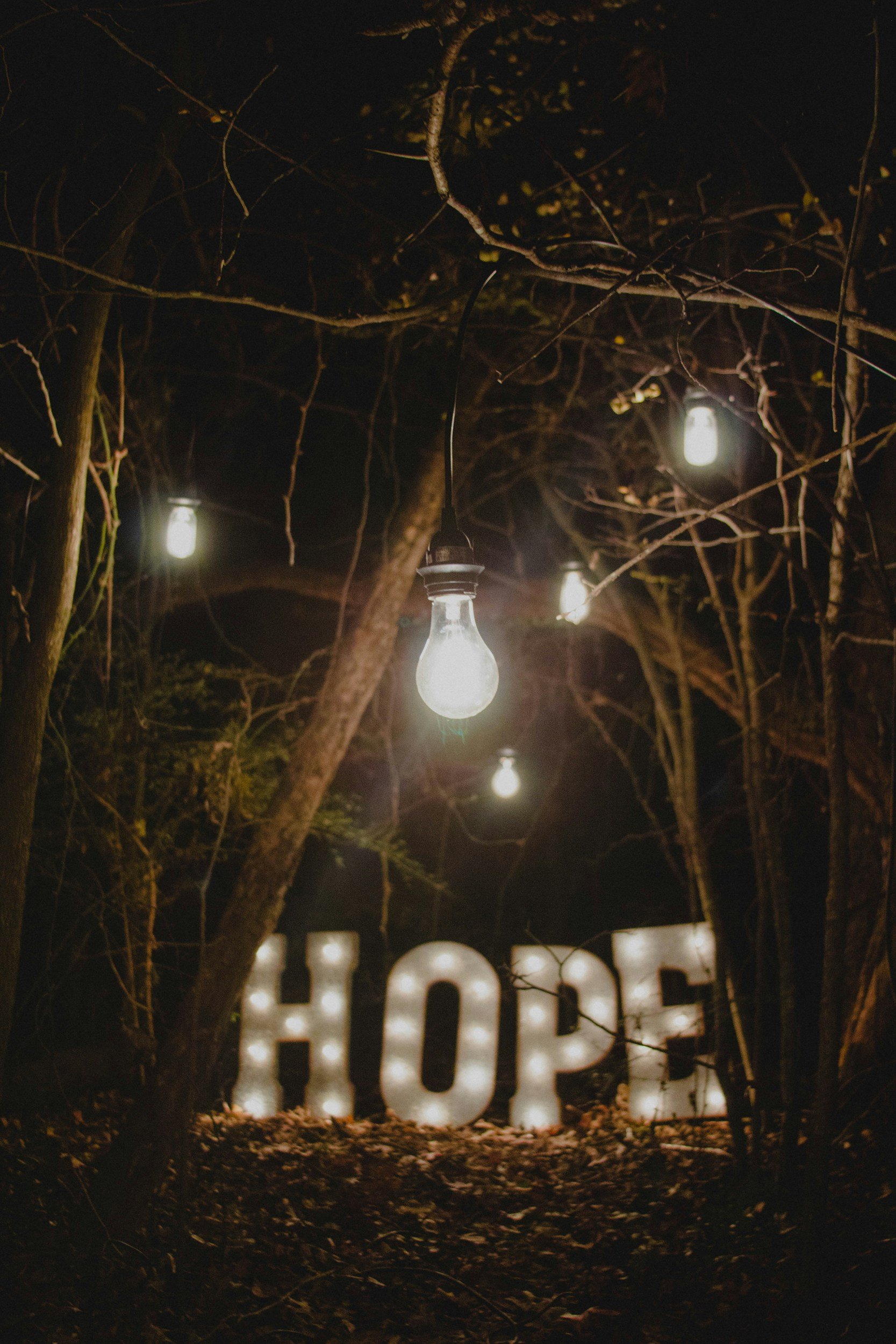“Psychosocial Recovery should be human rights focused, recovery-oriented, trauma informed, strengths based, person-led, focus on capacity building and be holistic”
- Mental Health Australia

Psychosocial Recovery Coaching
(Mental health support for autistic women)
Wellness Recovery Action Plan (WRAP)
The Wellness Recovery Action Plan (WRAP) is a self-designed prevention and wellness process that anyone can use to get well, stay well and shape their life the way they would like it to be. The WRAP program is modelled on best practices to engage individuals in an understanding that they have personal resources they can use to direct their own wellness, help them stay well, feel better, and equip others to best support them in times of crisis.
Key recovery concepts:
Hope – People who experience mental health difficulties get well, stay well and go on to meet their life dreams and goals.
Personal Responsibility – It’s up to you, with the assistance of others, to take action and do what needs to be done to keep yourself well.
Education – Learning all you can about what you are experiencing so you can make good decisions about all aspects of your life.
Self-Advocacy – Effectively reaching out to others so that you can get what it is that you need, want and deserve to support your wellness and recovery.
Support – While working toward your wellness is up to you, receiving support from others, and giving support to others will help you feel better and enhance the quality of your life.
Examples of NDIS funded psychosocial supports can include:
capacity building supports to build skills, independence, and support decision making, e.g. for education or work
supports to help you build more independence in day-to-day life
social skills development to help you build relationships with family, friends and be part of the community
building life skills including confidence, resilience, and taking care of your health and wellbeing
social and recreation support if you need help to join social activities, sporting clubs or community groups
help to find somewhere to live and to manage your rental or home ownership responsibilities, where you need this support because of your disability
support from allied health professionals like mental health occupational therapists. These professionals would be helping you manage or reduce the functional impact of your psychosocial disability.
help to plan and coordinate your NDIS supports with your mental health treatment and services
help to transition to a new life stage, where you need this support because of your disability.
(Notes taken from the NDIS website)
My work as a Recovery Coach for Autistic Women
Nat from the Mandurah ND Centre will work directly with you, to support you as an autistic women who may also live with co-occurring mental health conditions.
For example, anxiety, depression, C-PTSD (trauma) are the most frequently co-occurring conditions that autistic women live with.
Nat has lived experience of anxiety, diagnosed with Generalised Anxiety in her 20’s, whilst living with anxiety for most of her life. She has also experienced post-natal depression, as well as physical trauma (a car accident in 2012), as well as being “unknowingly neurodivergent” for 44 years…. and finally, ‘diagnosed’ as autistic + adhd in her mid-40’s.
Qualifications/CPD:
Blue Knot Foundation - trauma sensitive practice: working with complex trauma
Evolve Professional Development - trauma informed practice
Blue Knot Foundation - Three phased approach: safety and stabilisation
$100 / hour (both privately paying and NDIS clients)

